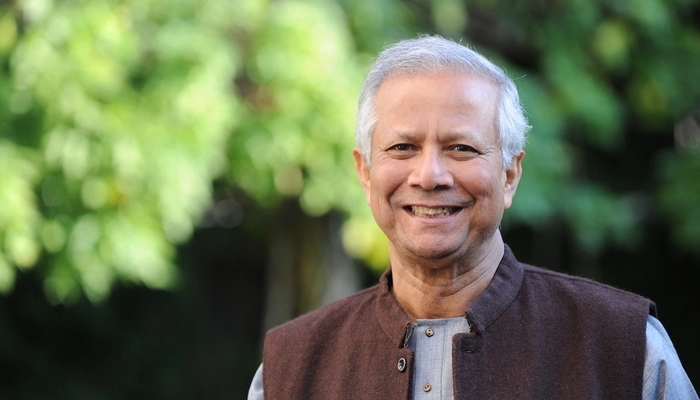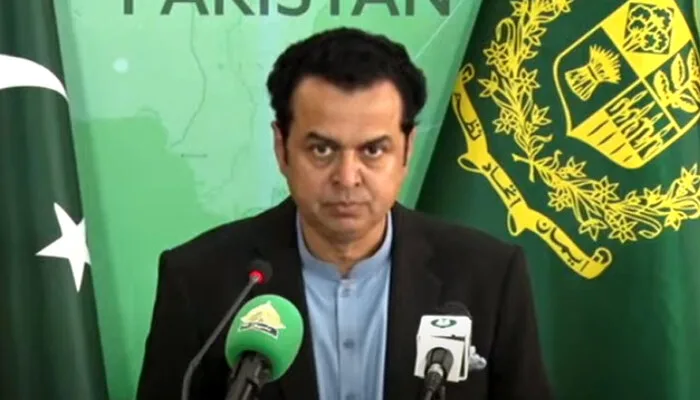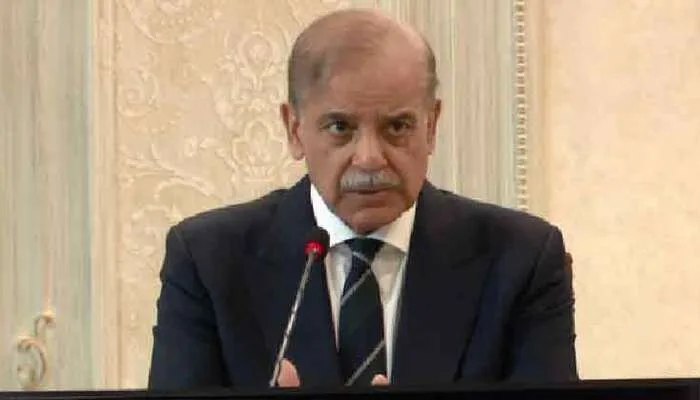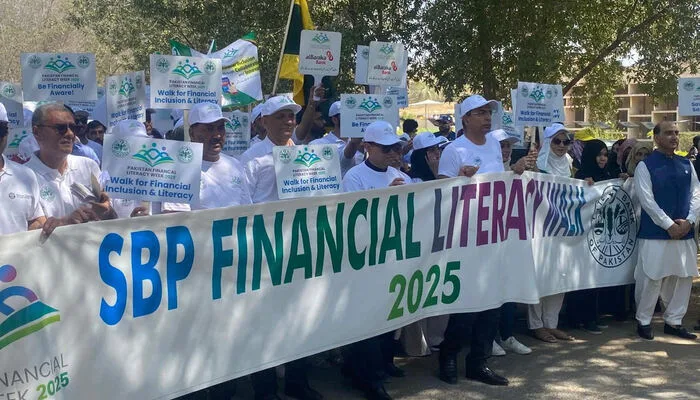
Nobel laureate Mohammad Yunus stands at a unique juncture in Bangladeshi history, poised to lead a new democratic chapter. After student-led protests ousted former Prime Minister Sheikh Hasina, Yunus returned in August to guide an interim government committed to democratic transition. For Bangladesh, this moment offers a chance to reshape the nation through democratic reform, but only if Yunus learns from both successes and failures of post-revolution transitions in other countries.
Bangladesh’s Path to Democracy
Following Hasina’s 15-year rule, Yunus, joined by civil society leaders, has an opportunity to lay the foundation for a truly democratic Bangladesh. Drawing from decades of civil society work, Yunus can create lasting civic space. He can advance reforms to support NGOs, disband abusive security units, and simplify laws that restrict international funding for local nonprofits. However, history shows that democratic momentum can be fleeting if not fortified against authoritarian setbacks.
Read: Historic Rainfall Transforms Spain’s Coastline
Risks of Democratic Setbacks
In other countries, rapid revolutions often faced challenges in sustaining democratic governance. Sudan’s 2019 ousting of President Omar al-Bashir, for example, saw several failed democratic transitions, ultimately ending in a military coup in 2021. Civil space violations and internal conflict have persisted since, derailing efforts at democracy. Similarly, Pakistan’s first military coup in 1958, intended to stabilize democracy, led to cycles of military rule and systematic suppression of activists, protesters, and journalists. Ethiopia’s Prime Minister Abiy Ahmed, once praised for peace efforts, has presided over a civil conflict marred by human rights abuses. These examples emphasize the importance of reinforcing civic freedoms to protect against authoritarian reversions.
Paths of Successful Transitions
Bangladesh can also draw lessons from positive democratic transitions in recent years. In Sri Lanka, after mass protests ousted President Gotabaya Rajapaksa in 2022, the country preserved democratic processes and recently elected a reform-minded president. Chile, despite resistance from establishment forces, successfully implemented reforms in healthcare, education, and pensions following 2019’s popular protests. Likewise, in Guatemala, a peaceful transfer of power recently occurred despite resistance from entrenched elites, with civil society playing a vital role in safeguarding democracy.
These examples show that post-revolutionary stability and democracy require open civic dialogue, legal reforms, and strong pro-democracy coalitions. As Bangladesh embarks on its path to democracy, Yunus’s interim government should carefully incorporate lessons from these nations where democratic forces achieved significant progress under challenging conditions.
The Road Ahead for Yunus and Bangladesh
Yunus’s leadership offers a critical opportunity to forge a democratic legacy for Bangladesh. His administration must avoid the pitfalls of stifling dissent and closing civic space, which could return the country to authoritarian patterns. Building a lasting democracy requires collaborative engagement with civil society and a steadfast commitment to democratic reforms, even in the face of challenges.
Bangladesh’s future rests on the choices made during this pivotal moment. A determined approach to reform and a continuous dialogue with civil society will be essential to building a stable, inclusive, and democratic nation. If Yunus and his interim government can sustain their commitment to democratic principles, they will not only rewrite Bangladesh’s history but also set an enduring example for peaceful transitions in the global movement toward democracy.
Follow us on Google News, Instagram, YouTube, Facebook,Whats App, and TikTok for latest updates












